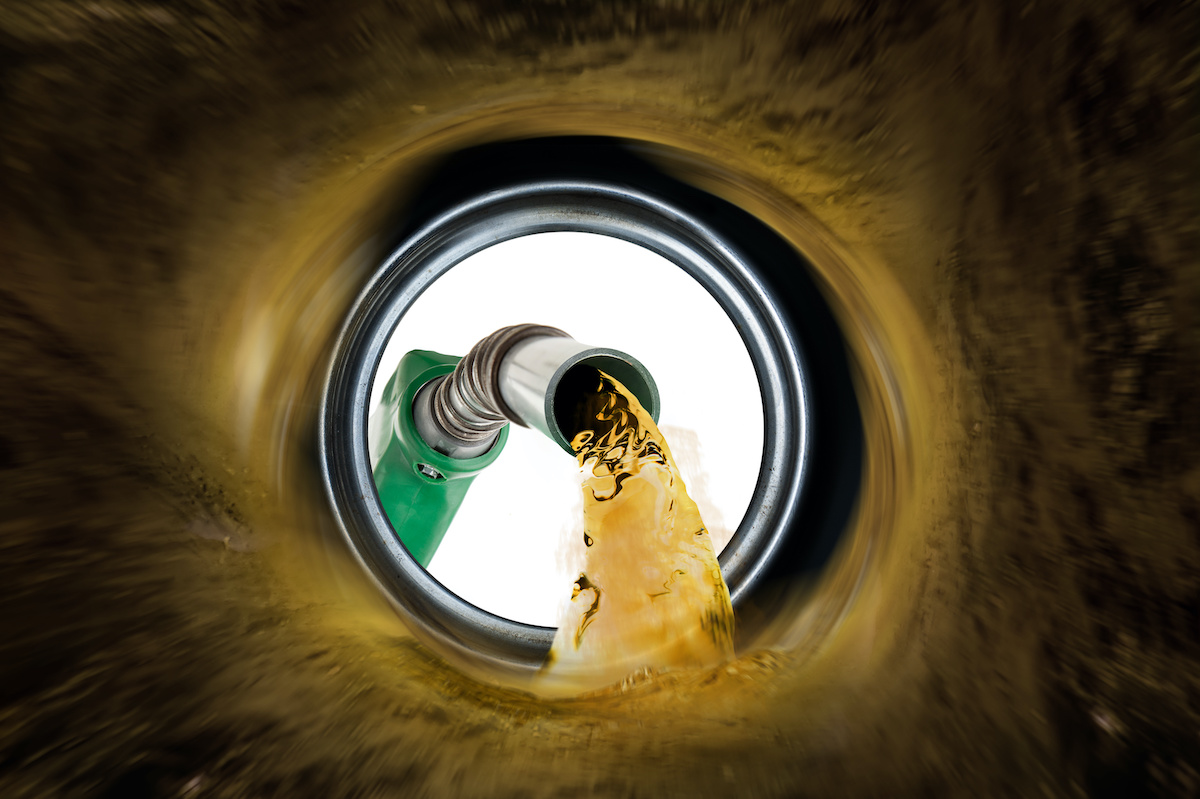Lithium-ion batteries, commonly used in a variety of home electronics such as smartphones, laptops, and power tools, are known for their efficiency and high energy density. This technology allows these li-ion batteries to store a significant amount of energy in a compact form, which is ideal for portable devices. In this article, you will learn lithium-ion battery safety tips and more.
However, the same feature that makes them so useful also poses potential safety risks. When lithium-ion batteries overheat, are improperly used, or are defective, they can become dangerous. The risk includes potential explosions and lithium-ion battery fires, which can cause significant injuries and property damage. That’s why lithium-ion battery safety is critical.
To mitigate these risks, it is crucial to understand and follow safety guidelines when using and handling lithium-ion batteries. These lithium-ion battery safety guidelines are designed to prevent overheating, physical damage, and other conditions that could lead to battery failure.
Lithium-Ion Battery Safety Tips

Follow these lithium-ion battery safety tips to stay safe while handling devices powered by such batteries.
- Purchase Certified Devices: Always buy electronic devices that have been tested and certified by an independent testing laboratory, such as Underwriters Laboratories (UL). Certification ensures that the device meets specific safety standards.
- Use Compatible Batteries: Only use batteries that are specifically designed for your device. Refer to the device’s manual or the manufacturer’s official website to confirm the correct type of battery. Using the wrong type of battery can lead to malfunction and potential hazards.
- Insert Batteries Correctly: Ensure that batteries are inserted according to the indicated polarity (+/-). Incorrect insertion can cause damage to both the battery and the device, potentially leading to overheating or short circuits.
- Avoid Overcharging: To prevent batteries from overheating, do not leave devices plugged in after they are fully charged. Overcharging can cause the battery to overheat and degrade over time, increasing the risk of failure.
- Charge Safely: Avoid charging devices on flammable materials such as beds, couches, or piles of paper. These materials can easily catch fire if the battery overheats or malfunctions during charging.
- Keep Away from Heat: Do not store or use lithium-ion batteries near heat sources or in extreme temperature environments. This includes keeping them out of direct sunlight, away from radiators, and off of hot surfaces like laptops. Excessive heat can cause the battery to degrade or fail.
- Prevent Water Exposure: Keep batteries dry and avoid exposing them to water or moisture. Water can cause short circuits and other damage, increasing the risk of battery failure and potential hazards.
- Store Properly: Store batteries in a cool, dry, and secure location. Avoid places where they can be physically damaged or come into contact with flammable materials or metal objects that could cause short circuits. Proper storage helps maintain battery integrity and safety.
- Watch for Warning Signs: Monitor your batteries for signs of damage and trouble, such as overheating, strange odors, leaks, or changes in shape or color. If you notice any of these signs, turn off the device immediately and move it away from flammable materials. Addressing issues promptly can prevent accidents.
- Regular Inspection: Periodically check all devices that use lithium-ion batteries for any signs of wear or damage. Replace batteries if they show signs of aging or damage.
- Avoid Dropping: Handle devices with care to avoid dropping them, which can damage the battery and increase the risk of failure.
- Educate Others: Make sure that everyone in your household or workplace is aware of these safety tips to prevent accidents and ensure proper handling of lithium-ion batteries.
How to Safely Dispose of Lithium-Ion Batteries
Improper disposal of lithium-ion batteries can lead to environmental pollution and fire hazards. Never throw these batteries in the regular trash. Instead, take them to a designated battery recycling center or contact your local waste management service for specific disposal instructions. Before recycling, place the batteries in a sealed metal container to prevent any accidental ignition or leaks.
For Fire Damage Restoration, Contact the PuroClean Remediation Experts!
Improper use or disposal of lithium-ion batteries can have severe consequences, including fires. For more information on fire prevention and safety, or to seek professional smoke or fire damage repair services, contact your local PuroClean office. Staying informed and vigilant can help you enjoy the benefits of lithium-ion batteries while minimizing the risks.




